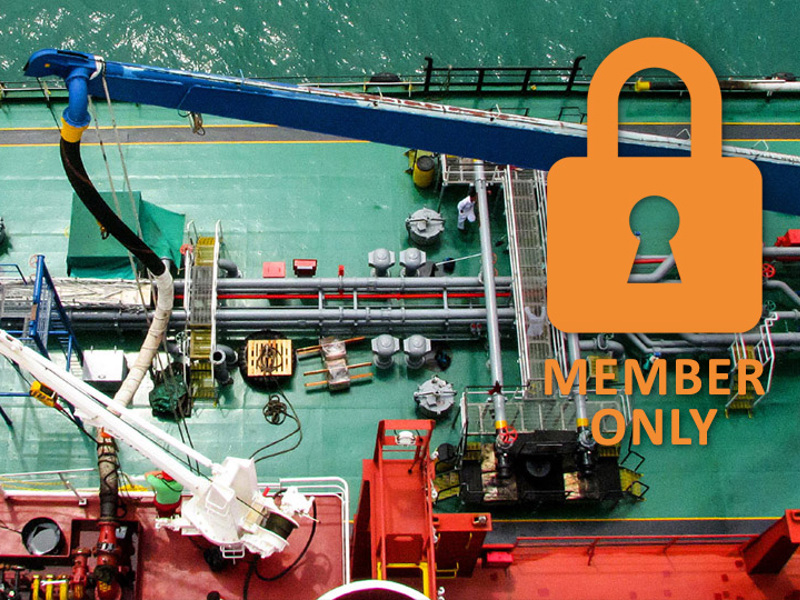
BIMCO Contracts
Featured contracts
SHIPMAN 2024
SHIPMAN is a ship management agreement that may include crew, technical and commercial management as well as insurance arrangements in respect of a ship.
CREWMAN A 2025
CREWMAN A 2025 is a standard crew management agreement whereby the owners appoint the crew managers as agents to perform crew management services in respect of a vessel on a cost plus fee basis.
CREWMAN B 2025
CREWMAN B 2025 is a standard crew management agreement whereby the crew managers supply the crew to vessels as principals and employers of the crew on a lump sum basis.

SHIPMAN 2024
SHIPMAN is a ship management agreement that may include crew, technical and commercial management as well as insurance arrangements in respect of a ship.

Member newsletter
Insight – the newsletter for BIMCO members providing expert knowledge and practical advice to help manage risk in a changing world.

Bunker quality alerts and prices
VPS Bunker Alerts usually highlighting a specific parameter within fuel which has raised a quality issue.